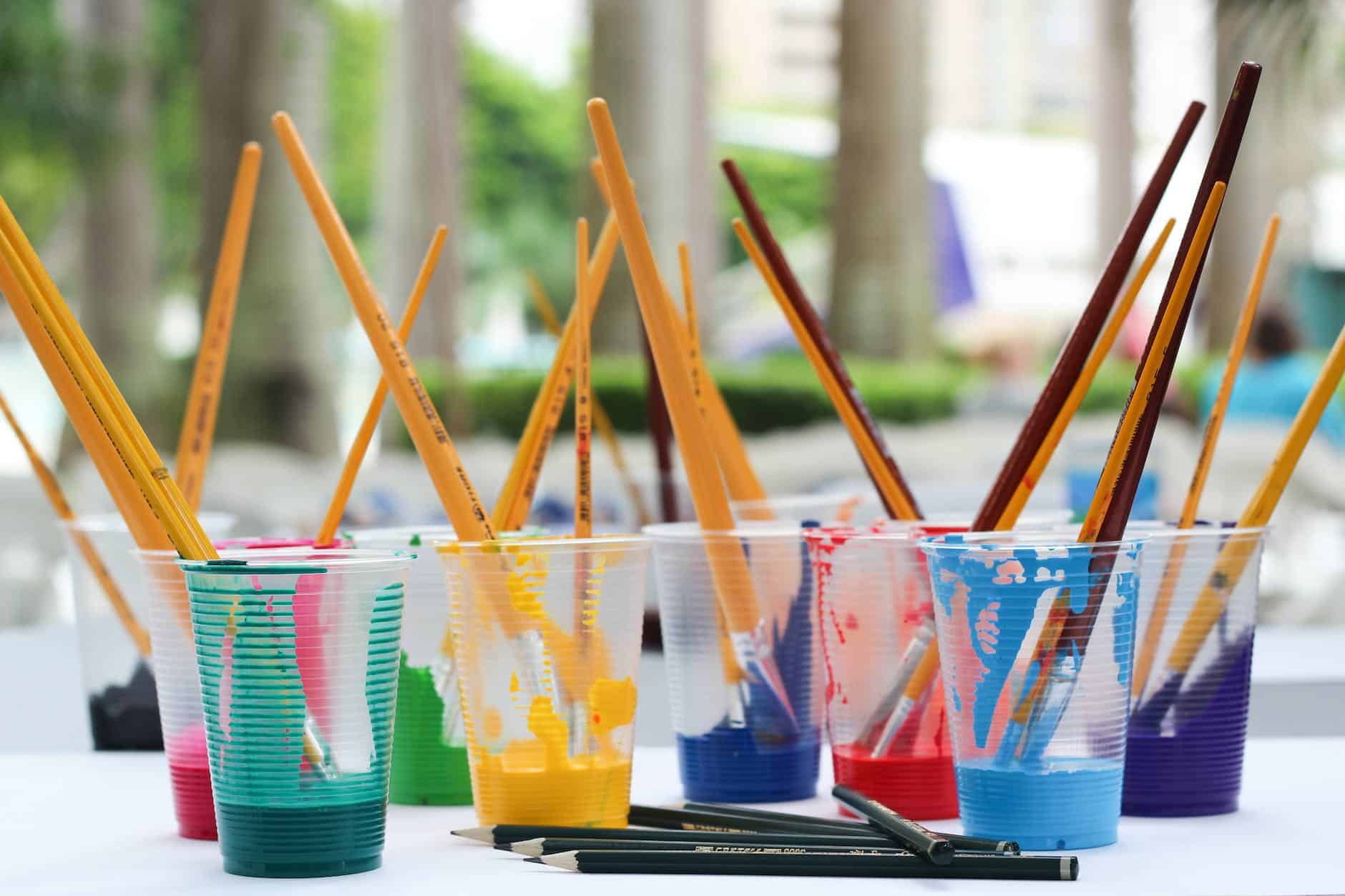On Friday, United States District Court Judge Beryl A. Howell rendered a verdict that AI-generated artwork cannot be subjected to copyright protection, as reported by The Hollywood Reporter. This ruling emerged in the context of a legal dispute against the US Copyright Office, which had denied copyright registration to Stephen Thaler for an AI-generated image produced using his Creativity Machine algorithm.
Thaler’s attempts to secure copyright for the image “as a work-for-hire on behalf of the Creativity Machine’s proprietor” faced persistent refusal, with the intention of attributing Thaler as the artwork’s possessor and the AI as its author.
After the Copyright Office’s final rejection the previous year, Thaler initiated legal action against the Office, asserting that the denial was “arbitrary, capricious… and not in accordance with the law.” However, Judge Howell’s perspective diverged from this stance. In her ruling, Judge Howell articulated that copyright protection has historically been withheld from works that lack the influence of human creative input, asserting that “human authorship is an essential prerequisite for copyright.”
Judge Howell cited prior legal cases to support her standpoint, including the famous case involving a photograph taken by a monkey. As a counterpoint, she cited an instance in which a woman compiled a book from writings she believed were dictated to her by a supernatural “voice,” and deemed this to merit copyright protection.
Get even more Tech News Here.
Nonetheless, Judge Howell acknowledged the evolving landscape at the intersection of copyright and AI, wherein artists increasingly employ AI as a tool for creative endeavors. She acknowledged that this raises complex queries about the extent of human involvement necessary for AI-generated art to warrant copyright protection, noting that AI models often draw from existing works as part of their training process.

Stephen Thaler intends to appeal the decision. His legal representative, Ryan Abbot of Brown Neri Smith & Khan LLP, expressed disagreement with the court’s interpretation of the Copyright Act. Concurrently, Bloomberg Law reported a statement from the US Copyright Office endorsing the court’s ruling as appropriate.
The trajectory of US copyright law in relation to artificial intelligence remains uncertain, as a multitude of court cases continue to emerge. Notably, comedian Sarah Silverman and two other authors filed a lawsuit earlier this year against OpenAI and Meta concerning their models’ data scraping practices. Another lawsuit, initiated by programmer and lawyer Matthew Butterick, contends that data scraping by Microsoft, GitHub, and OpenAI constitutes software piracy.
In a recent ruling, United States District Court Judge Beryl A. Howell determined that AI-generated artwork is not eligible for copyright protection. The verdict came as a result of a legal dispute involving Stephen Thaler, who was seeking copyright registration for an AI-generated image created using his Creativity Machine algorithm. Thaler’s attempts were consistently denied by the US Copyright Office, leading to the legal action. Check out more Tech Rookies Blogs here.
Judge Howell’s ruling emphasized that copyright protection has historically been reserved for works created with human creative input. She highlighted previous cases, including the well-known example of a photograph taken by a monkey, to support her stance. However, she also acknowledged the evolving landscape of AI and its increasing role in creative endeavors, acknowledging that this raises complex questions about the level of human involvement necessary for AI-generated art to be eligible for copyright protection. Get the latest Tech news first here.
Thaler intends to appeal the decision, with his legal representative expressing disagreement with the court’s interpretation of the Copyright Act. The ruling reflects the uncertainty surrounding US copyright law and its application to artificial intelligence, as numerous court cases continue to arise. This includes lawsuits involving prominent figures such as comedian Sarah Silverman and programmer/lawyer Matthew Butterick, raising further concerns about data scraping practices and software piracy.
Check out some more article below:
- Best Websites to Show Your Gaming Gear to Viewers: A Comprehensive Guide
- 16 GB RAM Best Gaming Laptop Deals on Amazon in 2025
- AI Simulation Games: The Most Advanced Artificial Intelligence in Modern Gaming
- The Ultimate Guide to Nvidia Graphics Cards: 2025 Update
- Best Gaming Laptops for Around $500: A Simple Guide


